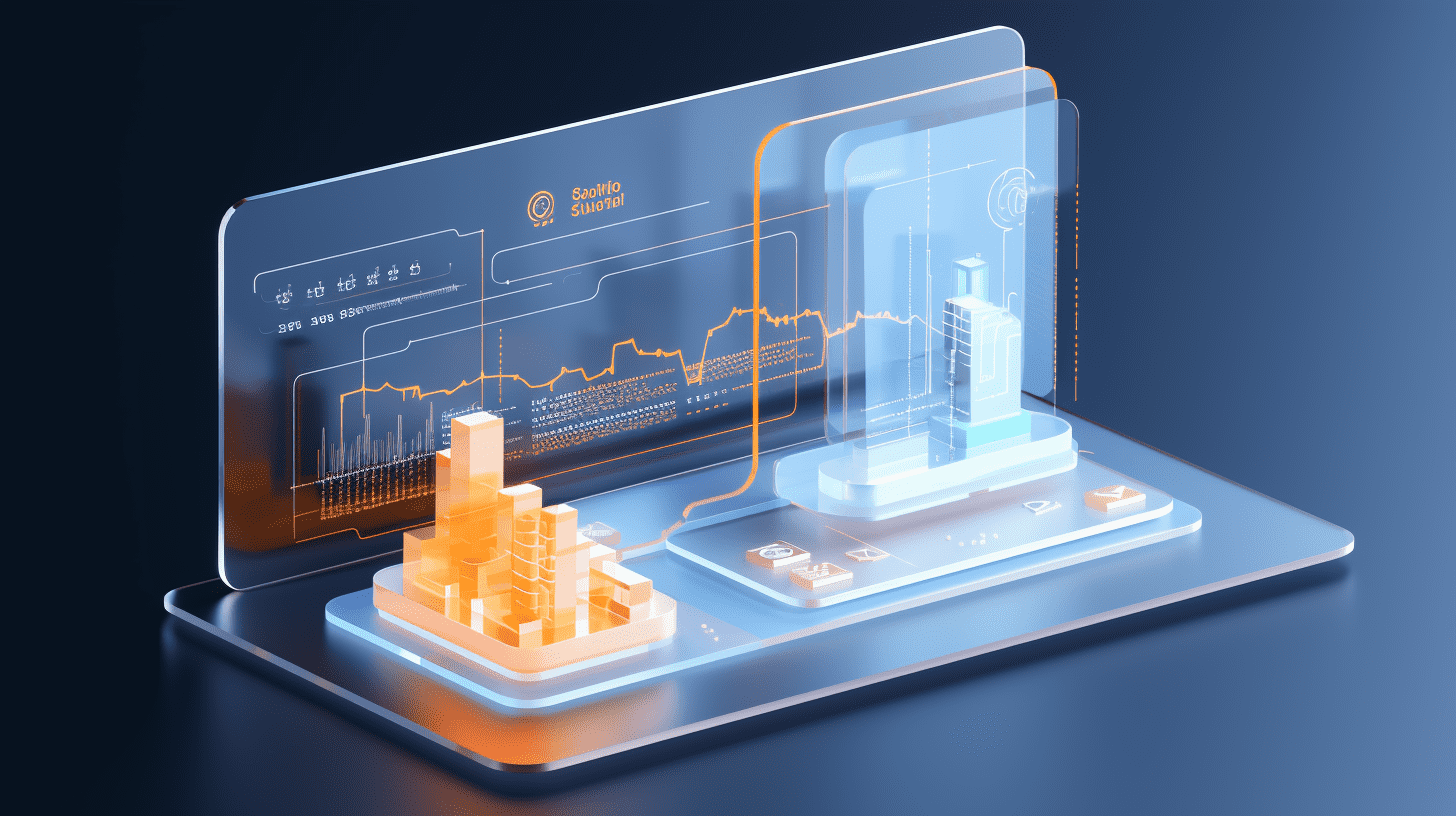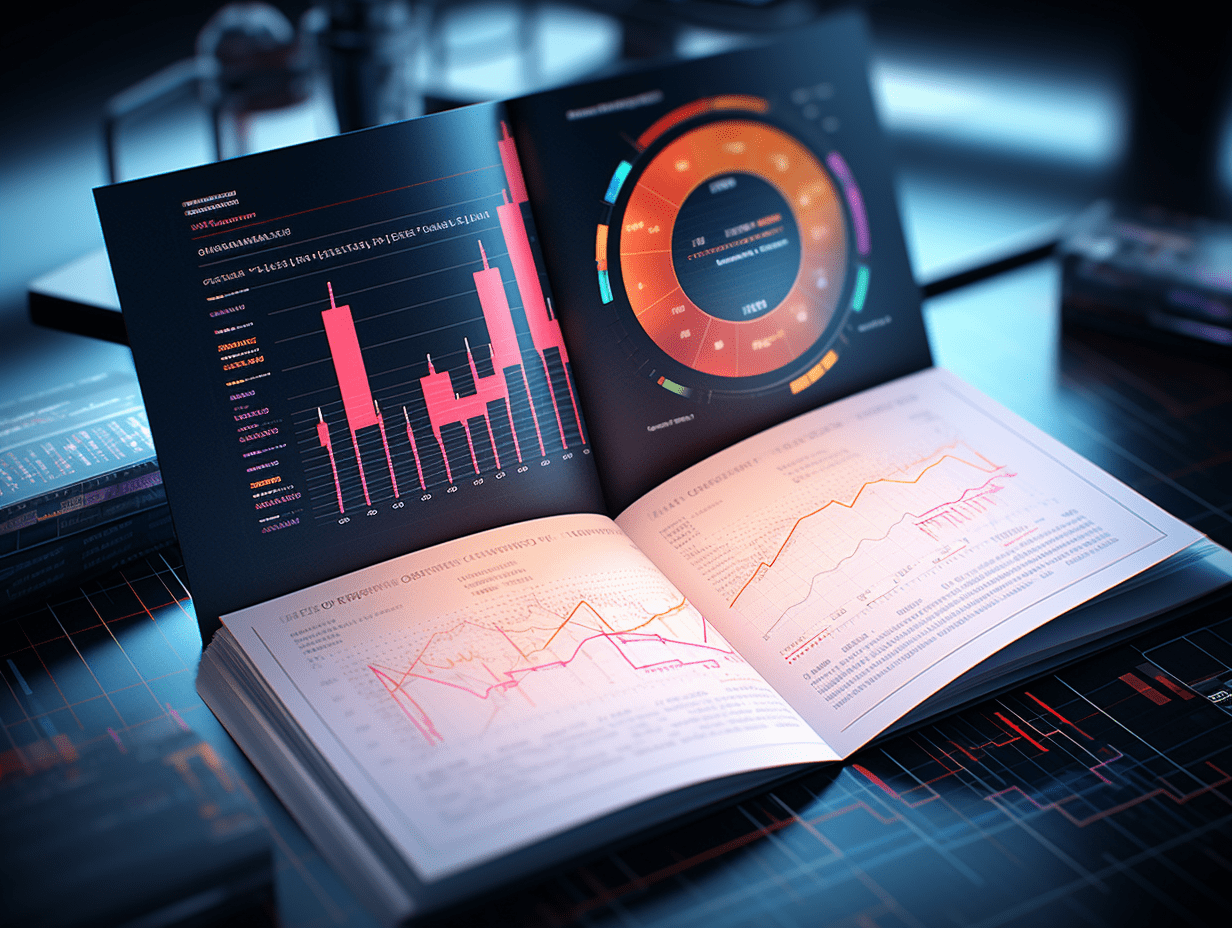
Expectations for a rate hike by the Bank of Japan have been thwarted by tariff attacks! The skyrocketing price of rice is accelerating inflation, while the economic outlook is overshadowed.
Consumer inflation in Japan rose last month, partially due to a significant increase in rice prices. This trend was expected to solidify the central bank's gradual interest rate hike stance, but the U.S. tariff policy cast a shadow on the economic outlook, making monetary policy more complex.
Data released by the Japanese Ministry of Internal Affairs on Friday showed that the core CPI, excluding fresh food, rose 3.2% year-on-year in March, expanding from 3% in February, in line with economists' expectations. Further excluding energy prices, the core-core CPI rose 2.9% year-on-year, matching expectations and marking the fastest growth since March last year.
This data is expected to bolster the confidence of Bank of Japan officials in their interest rate hike policy - overall inflation in Japan has remained above the 2% target for nearly three years. BOJ Governor Haruhiko Kuroda has repeatedly emphasized adjusting interest rates based on price trends, while also indicating the need to closely monitor the evolving U.S. tariff policy.
While government utility subsidies have had some restraining effect on inflation, prices are still rising rapidly. Service prices rose 1.4% year-on-year, slightly up from 1.3% in February, and on par with January's increase. Food prices rose 7.4% year-on-year, slightly lower than the previous month's 7.6%. The price of Japan's staple food, rice, rose 92.1% year-on-year, marking the fastest increase since data records began in 1971.
Taro Saito, head of economic research at NLI Research Institute, stated, "Food inflation is a key driver of overall inflation. While import prices have not risen significantly, food inflation remains high. This suggests that companies are willing to raise prices, and in some cases, they are increasing prices more than the cost growth. From the perspective of the Bank of Japan, inflation expectations are changing."
After experiencing over a decade of deflation, price increases are still high by Japanese standards. The soaring rice prices have put pressure on Prime Minister Yoshihide Suga - NHK polls show his support rate has dropped to a new low since taking office. Government and central bank data show that consumer confidence has dropped to a two-year low, while household inflation expectations continue to rise.
Taro Kimura, an economist at Bloomberg Economics, said, "While persistent high inflation demands stimulus reduction, the threat of U.S. tariffs to economic growth looms. We expect the central bank to hold off on further rate hikes until July."
The latest data shows that Japan's inflation rate remains the fastest among G7 economies and is the only G7 country facing tariff pressure with rising inflation. In addition to tariffs, the rising cost of living has led lawmakers to discuss the issue of cash handouts or tax refunds before the election that may take place in July. Suga may find it more difficult to reject these demands as he tries to garner support for his minority government.
Analysts predict that due to labor shortages, rising raw material costs, and the sustained weakness of the yen, businesses will continue to pass on cost pressures, pushing future inflation levels higher in the coming months.
Keiichi Iguchi, senior strategist at Resona Holdings, said, "Considering the tariff factor, the possibility of a BOJ rate hike has greatly diminished. Even with strong CPI, it is unlikely that the yen will strengthen."
According to a survey by the Japanese market research company Teikoku Databank, the number of food items with price increases in April is expected to exceed 4000 for the first time in 18 months.
Saito from NLI commented, "The data confirms that Japanese inflation was completely in line with the BOJ's expectations before the U.S. tariffs. However, tariffs will undoubtedly weigh on the economy, and the planned semi-annual rate hike pace may need to be adjusted."
RECOMMEND
©️2013 - 2025 GMT EIGHT Holdings. All Rights Reserved.
Contact: [email protected]


